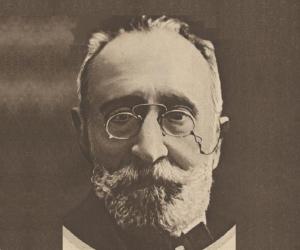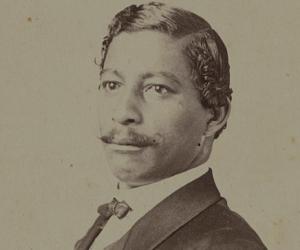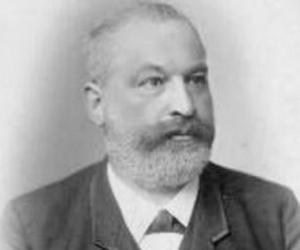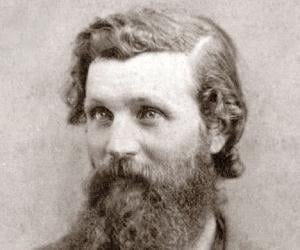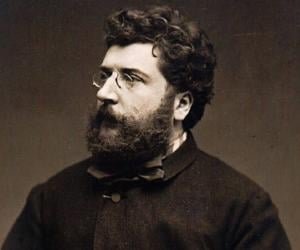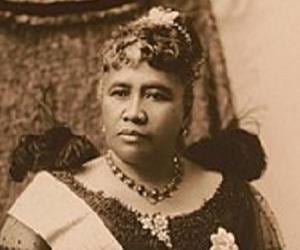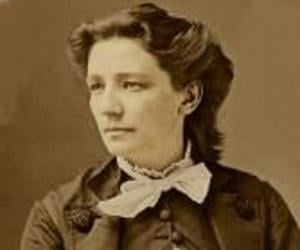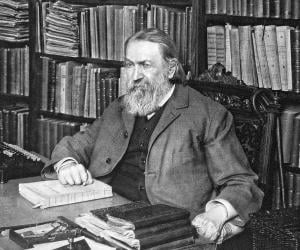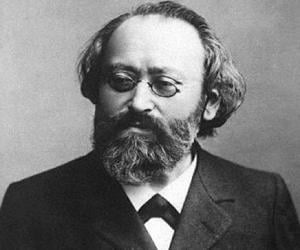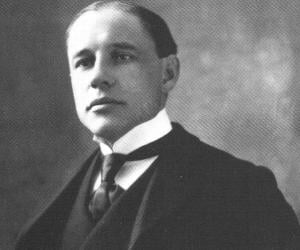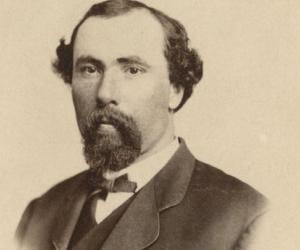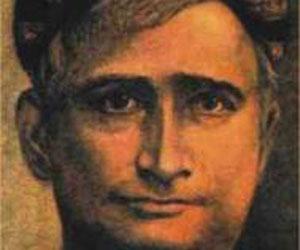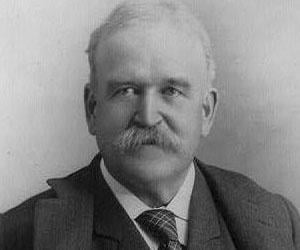John Muir was a Scottish-American naturalist, environmental philosopher, glaciologist, botanist, zoologist, and author. Nicknamed Father of the National Parks and John of the Mountains, Muir was an influential proponent of the preservation of wilderness in the US. He is credited with co-founding the American conservation organization, The Sierra Club. Muir is considered a hero by many environmentalists around the world.
Georges Bizet was a French composer whose career was cut short by his untimely demise at the age of 36. Since his death in 1875, Bizet's final work Carmen has become one of the most frequently performed works in the opera repertoire. Although he couldn’t achieve success during his lifetime, Bizet's death is considered a loss to French musical theatre.
Victoria Woodhull was an American politician, suffragist, and writer who played an important role in the women's suffrage movement. She is credited with founding Woodhull & Claflin's Weekly, America's first newspaper to be founded by a woman. Her life and career inspired the Broadway musical Onward Victoria. In 2001, she was posthumously inducted into the National Women's Hall of Fame.
Austrian physicist and philosopher Ernst Mach is remembered for his contributions to the study of shock waves. He is also credited for discovering a non-acoustic function of the inner ear that helps control human balance. As a philosopher of science, he is considered a major influence on logical positivism and American pragmatism.
Max Bruch composed his first song at 9 for his mother’s birthday and then earned a scholarship after creating a symphony at the tender age of 14. He worked extensively with the choral societies of Germany and is remembered for his iconic Violin Concerto No. 1 in G Minor.
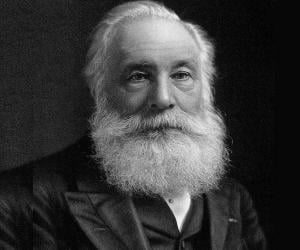
William Henry Perkin is best remembered for his chance discovery of the dye mauveine, made of aniline purple. He had apparently discovered the dye while attempting to synthesize quinine. The Royal Medal-winning British chemist also studied salicyl alcohol and flavoring agents and synthesized the first artificial perfume.
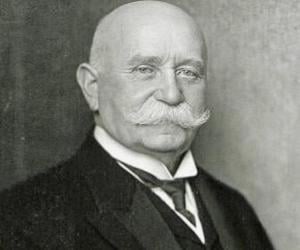
German general and inventor Count Ferdinand von Zeppelin is best-remembered for inventing the Zeppelin rigid airships and pioneering development of rigid airships during early 20th century. Zeppelin eventually founded the German aircraft manufacturing company called Luftschiffbau Zeppelin that played an instrumental role in the design and manufacture of rigid airships and emerged as the leading manufacturer of large lighter-than-air vehicles.
Historian Henry Adams was part of the famous Adams political family of the U.S and a typical Boston Brahmin elite. His best-known work remains his posthumously published autobiography, The Education of Henry Adams, which won a Pulitzer Prize. He also taught medieval history at Harvard.
Bankim Chandra Chattopadhyay was an Indian poet, novelist, and journalist. He is credited with composing India's national song, Vande Mataram, which personifies India as a mother goddess. The song played a major role in inspiring revolutionaries during India's struggle for independence. Dubbed Emperor of Literature, Bankim Chandra Chattopadhyay wrote 14 novels alongside several poems.
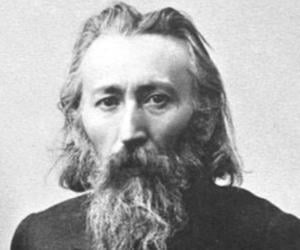
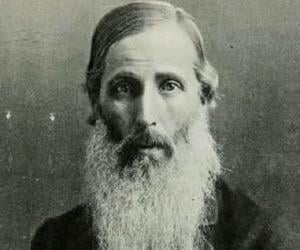
An influential English ethical philosopher and economist of the Victorian era, Henry Sidgwick is perhaps best known for his utilitarian treatise The Methods of Ethics. He promoted higher education of women and co-founded Newnham College. He remained a member of the Metaphysical Society and co-founded and served as first president of the Society for Psychical Research.
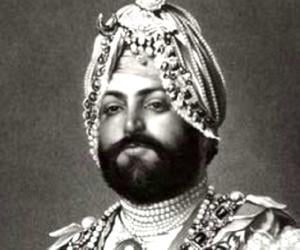

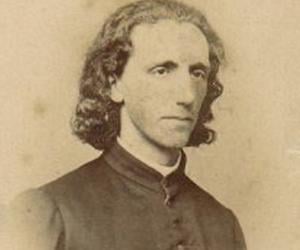
Widely regarded as the founder of Intentionalism, or act psychology, German philosopher Franz Brentano was also a Roman Catholic priest. He also taught philosophy at the University of Würzburg and the University of Vienna and penned the iconic works Psychology from an Empirical Standpoint and Inquiry into Sense Psychology.
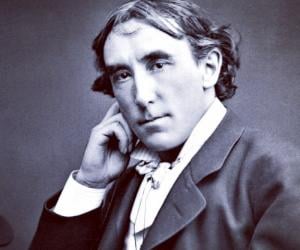
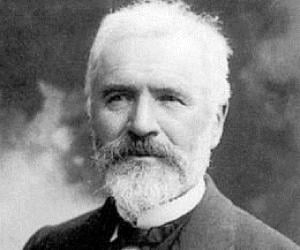
Camille Jordan was a French mathematician best remembered for his influential Cours d'analyse and his foundational work in group theory. He also served as an educator, teaching at prestigious institutions like the Collège de France and École Polytechnique. The asteroid 25593 Camillejordan is named in his honor.
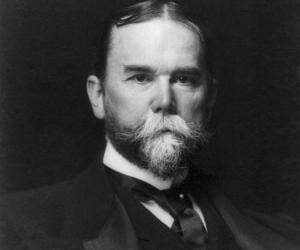
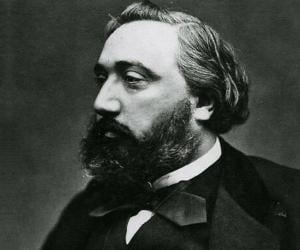
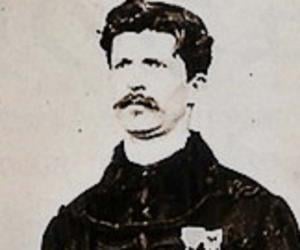
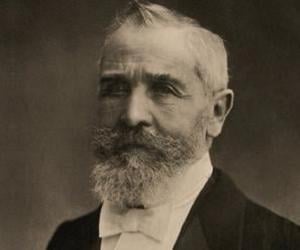
A qualified lawyer and a skilled orator, Émile Loubet had been the mayor of Montélimar, before becoming the prime minister and then the president of France. He was responsible for improving France’s relationship with Britain. He also accelerated the separation of the Church and the French government.
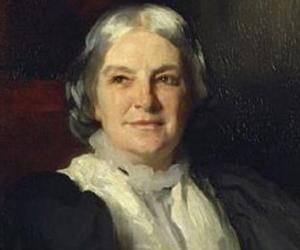
Social reformer Octavia Hill led the British open-space movement, which eventually led to the formation of the National Trust. Inspired by John Ruskin, she established her first housing project in a London slum. She later devoted her life to developing living conditions of the poor and utilizing open spaces.
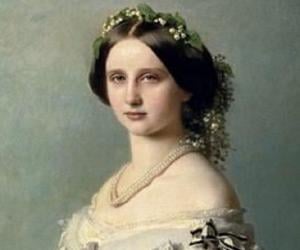
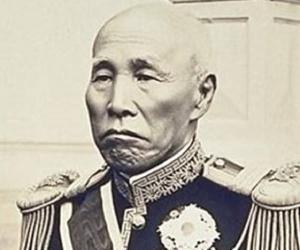
Although an important member of the Japanese Meiji oligarchy, Kōshaku (Marquess) Ōkuma Shigenobu was a centrist and a supporter of western ideas and science. His campaign for a parliamentary system of governance led to political reforms in Japan. As a foreign minister, he modernized the country’s fiscal system. A two-time Prime Minister, he was also the founder of Waseda University
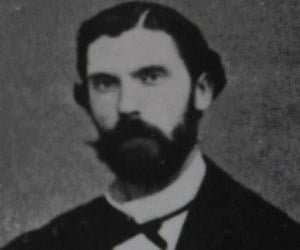
Spanish painter and art teacher José Ruiz y Blasco was best known as the father of legendary artist Pablo Picasso. Most of his works are depictions of landscapes or doves and pigeons in their natural habitat. He also specialized in still lifes. In his later years, he taught at La Lonja.
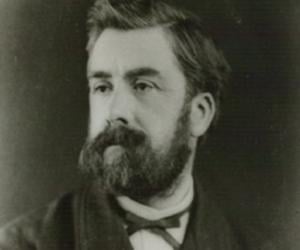
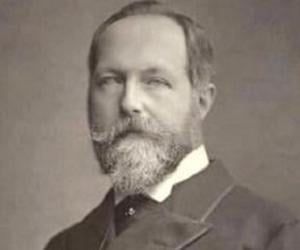
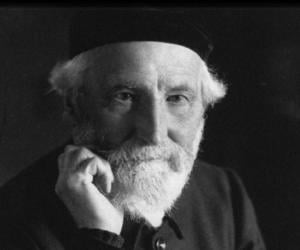
Edwin Abbott Abbott was a theologian, schoolmaster, and Anglican priest. He is remembered for writing the 1884 novella Flatland. He served as the principal of the City of London School where he supervised the education of H.H. Asquith, who would go on to serve as the prime minister of the UK. Abbott is also credited with writing educational text books.
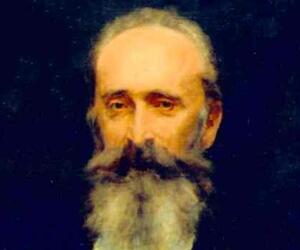
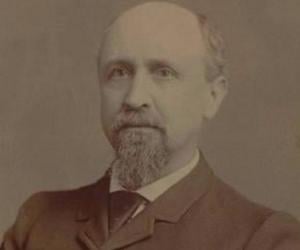
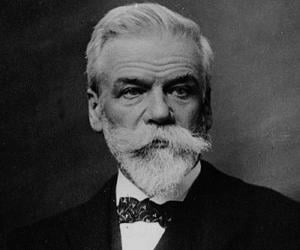
Belgian chemist Ernest Solvay began working in his family’s salt-making business soon after finishing school, as his condition of acute pleurisy prevented him from studying any further. He is remembered for developing the ammonia-soda process that produces soda ash, which is crucial to the glass and soap industries.
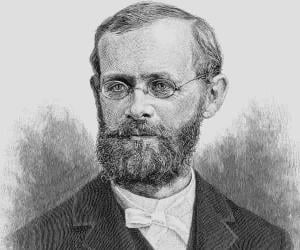
US meteorologist Cleveland Abbe, who proposed the use of time zones, was also known for his contribution to the development of the US Weather Bureau, or the National Weather Service, through his daily weather maps and forecasts. Initially an astronomer, he also served as the director of the Cincinnati (Ohio) Observatory.
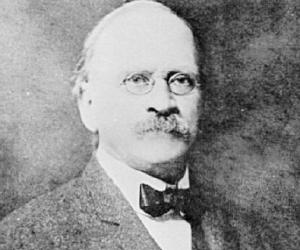
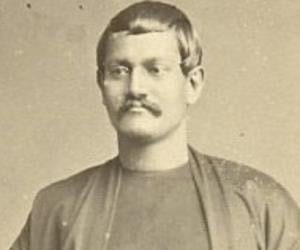
Keshab Chunder Sen was an Indian social reformer and philosopher. Although he was born a Hindu, Sen thought highly of Christian theology and wanted to incorporate the theology of Christian practice into the framework of Hindu thought. By the use of Christian missionary methods, Keshab Chunder Sen effected several social reforms in India.
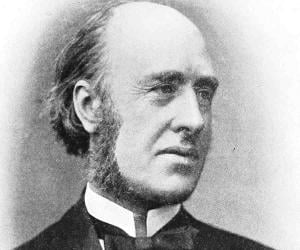
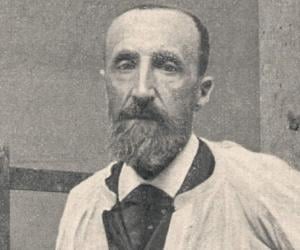
Nineteenth-century French sculptor Jules Dalou, who excelled in bronze art, was initially trained by Jean-Baptiste Carpeaux. He spent a few years in exile in England after the French government convicted him for participating in the Paris Commune. The Triumph of the Republic remains one of his best-known works.
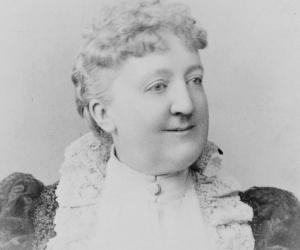
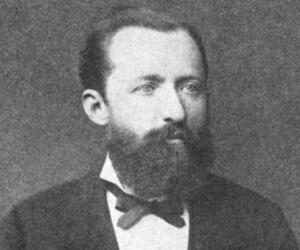
Author August Šenoa is credited with leading Croatian literature from Romanticism to Realism. Also considered the "father of the Croatian novel," he studied law but later deviated to writing. He introduced the genre of the historical novel in Croatia and penned iconic works such as Pirates of Senj.
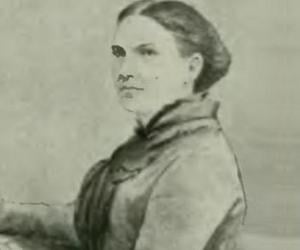
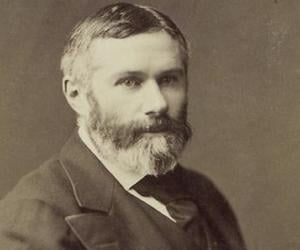
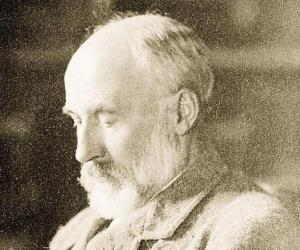
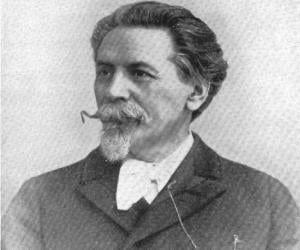
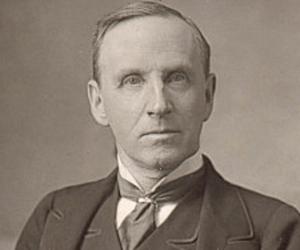
John Morley was a British writer, newspaper editor, and politician. Morley served as the Chief Secretary for Ireland from February to July 1886. Between 1905 and 1910, he was the Secretary of State for India. John Morley is best remembered for his writings, many of which have been published. Morley is credited with inspiring influential figures like Mahomed Ali Jinnah.
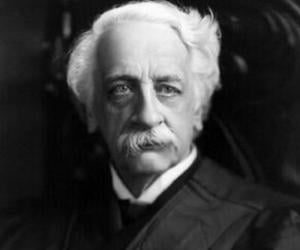
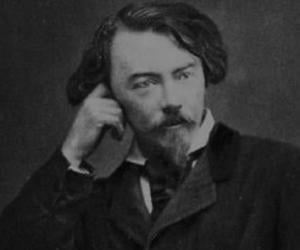
Part of the symbolist movement, French author Auguste Villiers de l'Isle-Adam is best remembered for his drama Axël and his short story collection Cruel Tales. His works often dealt with themes of horror and sadism. He spent all his life in poverty and married his mistress on his deathbed.
